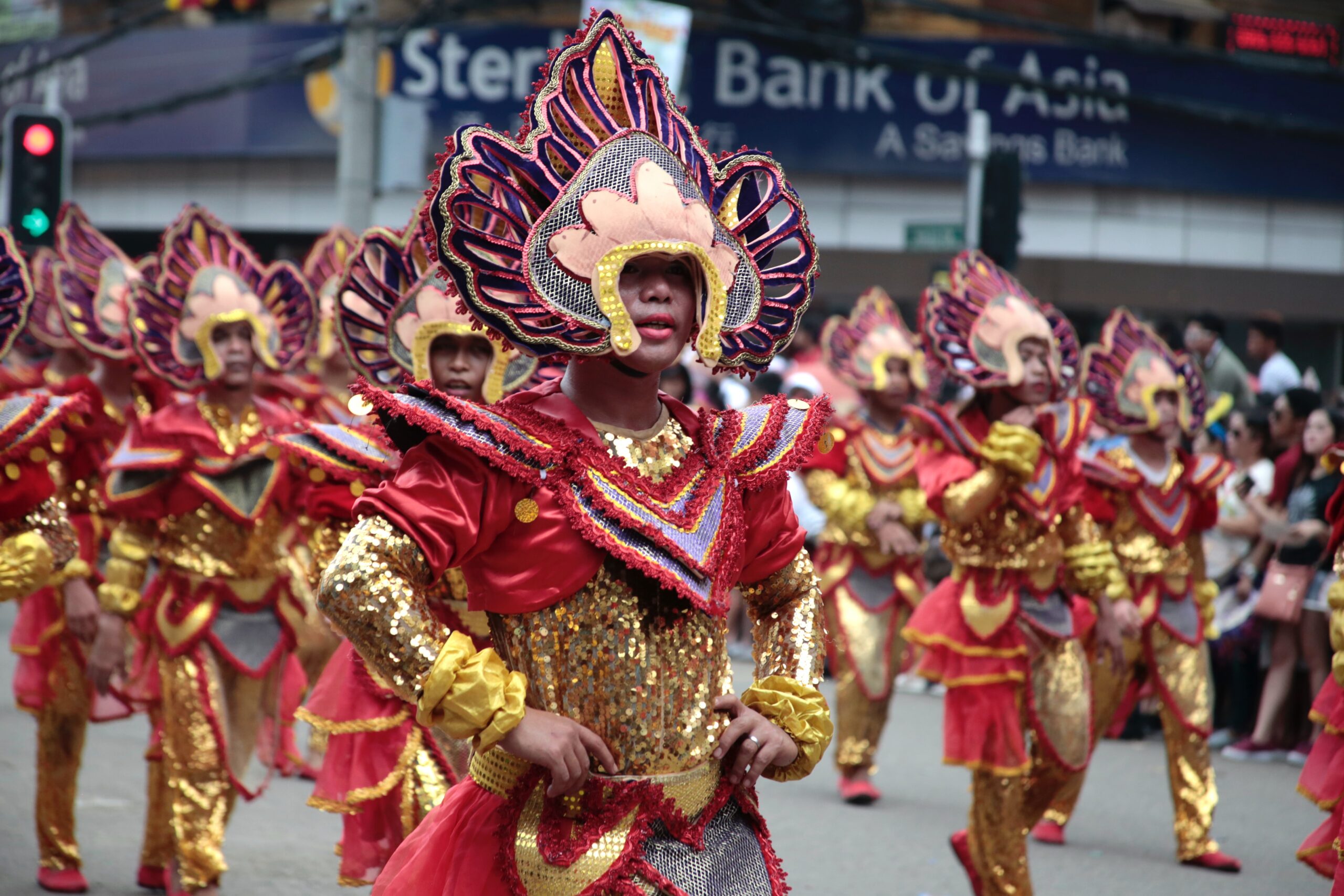Tungkung Langit and Alunsina
Form: Prose – short story
There is realism present in the story of Tunkung Langit and Alunsina, this is seen when the two gods are shown with human qualities—they fell in love and has severe quarrel.
As I read this, it primarily focused on how jealousy can destroy any relationship. Jealousy, in the story, is paradoxical in a sense that without it, we will have no stars, moon and sun. But with it, the two gods got separated.
If I will judge the actions of the two, I must say that there is a fault shared by them. Alunsina seems to be untrustworthy to Tunkung Langit given that there was no other goddess which might be in an affair to his. On the other hand, Tungkung Langit must not be too much carried away to his feelings. We know that he was very upset towards the behavior of Alunsina, but maybe instead of equalizing the anger Alunsina has, he must be the one to balance the situation.
Therefore, I must say that lovers or single persons ought to read this story because it truly delivers what must be done to have the relationship nurtured and balanced.
An Balud
Form: Poetry
An Balud is a romantic poem and at the same time a yearning one. It personifies the waves to someone the speaker misses.
It shows numerous qualities of that someone such as “Really hard to catch”, “You are very difficult to deal with” and “You’re leaving when you are angry”. These qualities are attributed to the waves. It also sets the mood where you can feel that you are in a sea or by the seashore while the waves are seen growing and fading.
This poem also resembles a dramatic monologue where the speaker shared all of his musings during their lover’s quarrel up to the day they got separated. And just like waves, we can infer that the moral of the poem is about people come and go.
There is also an evident yearning by the speaker to their lover on lines such as, “Why did you leave me?”, “There will be no you in my life” and “Where is your touch?” These lines and alike contains direct sharing of what the speaker truly feels. It also uses good imagery to help the readers to be more immersed within the poem. As examples, “The sand and pebbles are yearning”, “Just like the sky and the ground/ If love/ Is strong or sturdy, resilient/ It will not be faded by the waves”.
Generally, this is a good poem and also an artistic one because of personification and imagery used. An Balud contains a timeless lesson which is to appreciate every moments and every people because they might just be passers-by in our life.
The Great Flood
Form: Prose – short story
This is a fascinating story and teaches the readers the value of consequences. The story centralizes into the abduction of a sea-maiden guard which resulted to the great flood.
In the story, Aponi-tolau became fascinated with the realm of Tau-mari-u which is guarded by nine sea-maiden guards and it includes Humitau, who in the end was abducted by Aponi-tolau.
The story is a good narrative and also a retelling of the famous great flood. This retelling version was composed by the Tingian, a group of pagan people in Abra. In their retelling of the great deluge, we can observe various and often contrasting human behaviors in each character.
For instance, instead of making the right decision—to give back Humitau—the mother of Aponi-tolau named Lang-an helped her son to successfully abduct Humitau. On the other hand, we can see a longing father and is really determined to have his daughter back in any means needed through the character of Tau-mari-u, Humitau’s father and lord of the sea.
Thus, the story implies that in any action there will be always a consequence of it, either good or bad. We can apply the concept of dharma and karma of the Hindus into the story. Simply, good actions are rewarded while bad actions are punished.
Tags: Philippine pre-colonial literature, literary samples, literary analyses, cultural significance, themes and symbolism, LifeThinker.






